TEETH: CANARIES IN THE MINE?
What if dentists approached findings that indicate an imbalance in the mouth as a far more serious warning sign, like canaries dying in yesteryears mines?
What if dentists approached findings that indicate an imbalance in the mouth as a far more serious warning sign, like canaries dying in yesteryears mines?
Why do our attempts to deal with the challenges of our time so often fail? Why are we stuck in so many quagmires today? The cause of our collective failure is that we are blind to the deeper dimension of leadership and transformational change. This “blind spot” exists not only in our collective leadership but
Evidence indicates that poor maternal oral health can have significant consequences for a woman’s systemic health and that of her children. Similarly, transmission of oral bacteria from mother to child is well-documented and poses a risk for the development of early childhood caries, the most common chronic disease of childhood. Untreated maternal dental disease nearly
Paul Pholeros and his colleagues have been working for decades on improving health by improving the living environment and housing of Indigenous people in Australia. This successful model is now spreading to other continents. Ever since I watched this TEDx Talk, I have been wondering how we, dentists could apply similar thinking to improve health
Progress in dentistry has an intense focus on technology. And what more exciting for a dentist than a new high-tech instrument? I know. I used to say that the one who dies with the most toys wins. I was going to win this game. Early adopter across the board here! But is high-tech better? In some instances it surely is. When our patients come to the point of needing restorations, the technology that provides the best margins will benefit them for sure. But could there be better ways of benefitting our patients? This article was first published in the March 2013 issue of TEAM WORK, a Palmeri Publication.
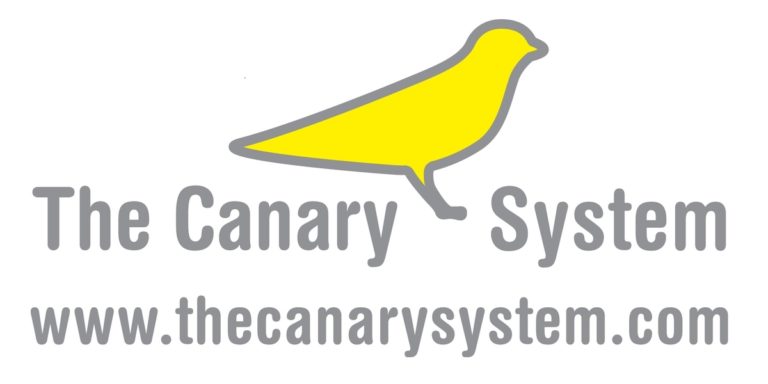
“Bitewing radiographs and visual examination have been considered the gold standard for caries detection but this study along with others demonstrate that The Canary System should become the next gold standard for the detection and monitoring of tooth decay” Dr Steven Abrams
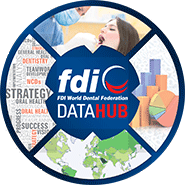

On September 12, 2014, FDI World Dental Federation launched its Data Hub for Global Oral Health a first of its kind online database collating oral health data from various international sources – including World Health Organization (WHO), Niigata University, Malmö University, World Bank and Globocan The FDI Data Hub is an easy-to-use, one-stop-shop for global oral




Led by Professor B.T. Amaechi, researchers from the University of Texas Health Science Center at San Antonio recently presented their findings that The Canary System® has superior diagnostic efficacy in detecting proximal caries compared to conventional methods including bitewing radiographs. The findings were presented July 2-5, 2014, in Greifswald, Germany, at the 61st ORCA Congress (European
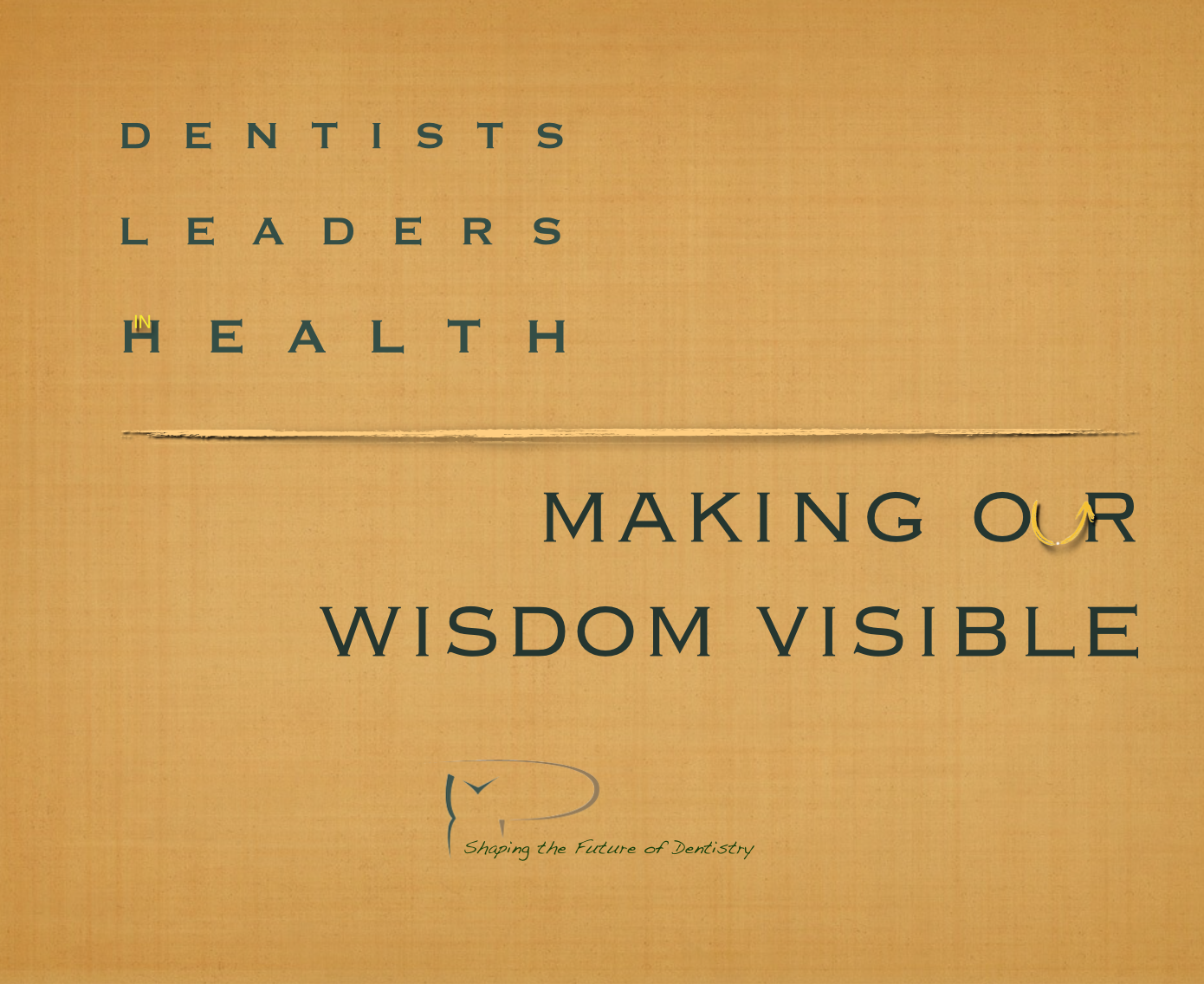

Our surroundings influence how we come together and how we come together in turn influences how we speak with one another. Knowing these fundamental facts, Dr. Ian McConnachie, Dr. Clive S. Friedman, Dr. Stephan Abrams and myself, Dr. Marielle Pariseau, launched a workshop this morning to facilitate a different kind of working conversation at the




The Canary System identifies abnormalities in the crystal structure of the tooth up to a depth of 5mm. It can also pinpoint cracks that are causing pain and sensitivity. No other caries detection device on the market has these capabilities.


What if dentists approached findings that indicate an imbalance in the mouth as a far more serious warning sign, like canaries dying in yesteryears mines?
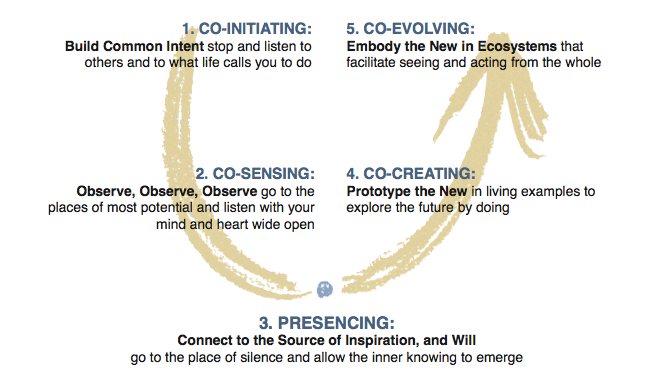

Why do our attempts to deal with the challenges of our time so often fail? Why are we stuck in so many quagmires today? The cause of our collective failure is that we are blind to the deeper dimension of leadership and transformational change. This “blind spot” exists not only in our collective leadership but
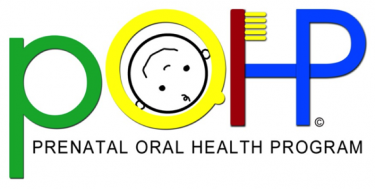

Evidence indicates that poor maternal oral health can have significant consequences for a woman’s systemic health and that of her children. Similarly, transmission of oral bacteria from mother to child is well-documented and poses a risk for the development of early childhood caries, the most common chronic disease of childhood. Untreated maternal dental disease nearly
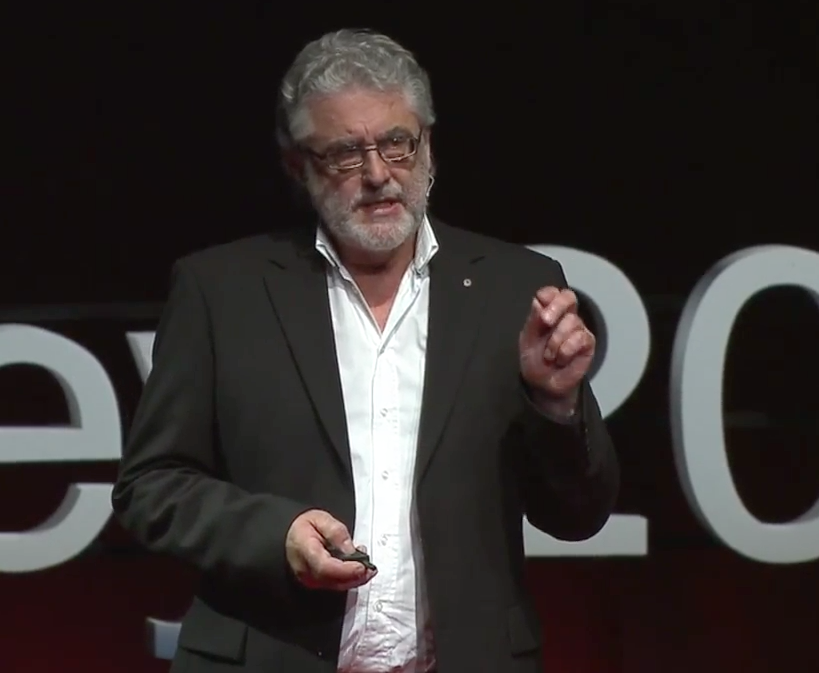

Paul Pholeros and his colleagues have been working for decades on improving health by improving the living environment and housing of Indigenous people in Australia. This successful model is now spreading to other continents. Ever since I watched this TEDx Talk, I have been wondering how we, dentists could apply similar thinking to improve health
© 2012-2025 All Rights Reserved